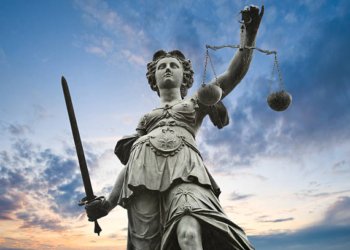. In Brain v. Preece 1843 152 ER 1016 Lord C.B Abinger made the following observations:
“The case of the attorney, in Doe d. Patteshall v. Turfored 1832 3 B & Ad 890 stands on precisely the same grounds as that of Price v. Torrington 1703 Holt KB 300. There it was proved that the notices were written, and that the attorney had gone out, and indorsed the duplicate when he came back, and that it was his practice so to indorse it when he had served the original; and that was rightly held to be proof of the service of the notice. There is also another case viz., that of the notary ( Poole v. Dicas 1835 1 Bing NC 649) where similar entries were held evidence; but a notary is a public officer, and is sworn to do his duty as a notary, and in foreign countries the acts of a notary are like the acts of a court, although that is not so here.”
. On the other hand, commenting on the probative value of documents like Ex. J, it was held in Sturla v. Freccia 1880 5 AC 623 where Lord Blackburn observed thus:
“I think an entry in the books of a manor is public in the sense that it concerns all the people interested in the manor.… But it must be a public document, and it must be made by a public officer. I understand a public document there to mean a document that is made for the purpose of the public making use of it, and being able to refer to it.”
Same view was taken in a later decision in Mercer v. Denne 1905 2 Ch 538 where the following observations were made:
“There is nothing to show that any of them was made contemporaneously with the doing or effecting of a transaction which it was the duty of the deceased person to record. There is no evidence of what his instructions were or of the relation of those instructions to the document tendered in evidence, or of the source of the knowledge or information on which the contents of the report or estimate were based….
These reports in no way resemble the field-book entries made by a deceased surveyor for the purpose of a survey on which he was professionally employed, which this Court held to be admissible in Mellor v. Walmesley 1905 2 Ch 164.”
Although we cannot hold that Ex. J in the present case is inadmissible in view of the express provisions of Section 35 of the Evidence Act, yet the observations of the Privy Council extracted above would directly and aptly apply to the probative value or the weight to be attached to Ex. J in the absence of any disclosure by the author of the document regarding the source or the materials on the basis of which he had mentioned the facts in his report. Assuming that the case, extracted above, had taken an extreme view in that the report was not admissible at all because of the legal position in England, the hard fact remains that so far as the probative value of a document is concerned, it is reduced to the minimum where there is no evidence to disclose the nature of the instructions given to the author of the document tendered in evidence or the source or knowledge or information on which the report is based. This is a serious legal infirmity from which Ex. J suffers and on that ground alone it cannot be regarded as a reliable or a dependable document. [Para 62]
State Of Bihar v. Radha Krishna Singh, 1983 PLRonline 0004






